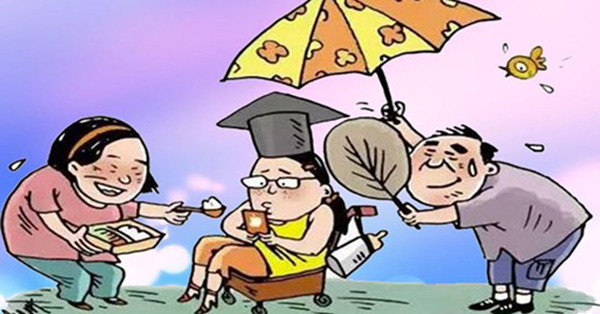
ADHD and family
According to the National Institute of Mental Health, the symptoms of ADHD will appear over the course of many months, often with the symptoms of impulsiveness and hyperactivity preceding those of inattention, which may not emerge for a year or more.
Further, different symptoms may appear in different settings, depending on the demands the situation may pose for the child’s self-control. Because the symptoms vary so much across settings, ADHD is not easy to diagnose, especially when inattentiveness is the primary symptom.
Regardless of the symptoms, a child with ADHD can pose many challenges for school teachers, family members and the child’s friends. Elizabeth B., mother of two sons, says, “Our oldest son was suspected to be ADHD when he was two years old. I didn’t believe it because he was so young, but as he got older – he is 10 now – it became apparent that his behavior was not normal.”
Their son Caleb (not his real name) has repeatedly been placed in special ed and suspended from school, doesn’t seem to respond to the medications nor therapy, and has created chaos at home, particularly after his little brother was born. Elizabeth and her husband have tried their best to work as a team to help Caleb, but even with their best of intentions, Elizabeth says having a son with ADHD has definitely taken its toll on their family.
“Even when we agree on things, sometimes it is hard to not take our frustration out on each other. If we weren’t in family therapy, I think we would have trouble staying together,” says Elizabeth.
Turns out Elizabeth’s situation is not that uncommon. ADHD and divorce
New research indicates that having a child with ADHD doubles the likelihood his or her parents will get divorced. And even if they stay together, ADHD significantly – and negatively – affects the relationships in the family.
A study published in the Journal of Consulting and Clinical Psychology, the first to study the durability of marriages of parents with ADHD children, indicates that by the time the child is eight years old, his or her parents are twice as likely to be divorced.
Further analysis suggests that divorce is more likely if the child was very young when diagnosed and had severe ADHD symptoms or also had oppositional behavior. Risk for divorce was greatest if the father had a history of antisocial or criminal behavior, and was also increased if the mother was significantly less educated than the father. ADHD toll on relationships
A second study recently published in Child and Adolescent Psychiatry and Mental Health indicates that about 75 percent of the parents surveyed report that ADHD places a significant strain on their relationship with their child. In addition, just over 50 percent report problems in the relationships between their child with ADHD and his or her siblings or peers.
The results suggest that parents of children with ADHD are much more likely than other parents to report that their children consistently exhibit demanding, noisy, disruptive, disorganized and impulsive behavior, and that this type of behavior has the most significant negative impact on homework, family routines, and interacting with other children. Get help
Experts recommend that parents of children with ADHD attend family therapy to help deal with the stresses that ADHD places on the family unit. Talk to your doctor about a referral to a family therapist specializing in ADHD and learn as much as you can about the condition, including what it is, diagnosis and treatments. Your child needs your love and support and therapy can help you and your family stick together to provide that love and support.






